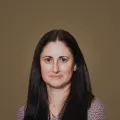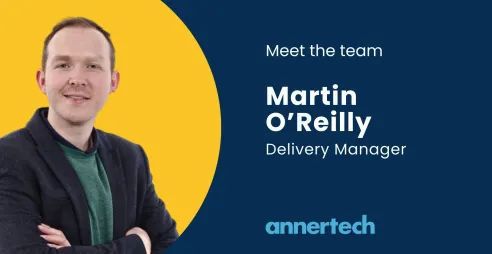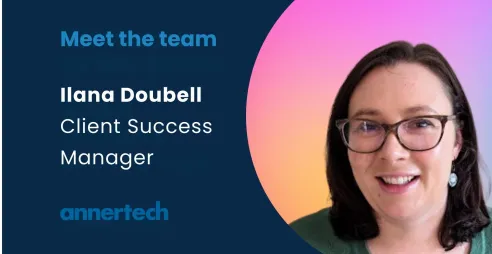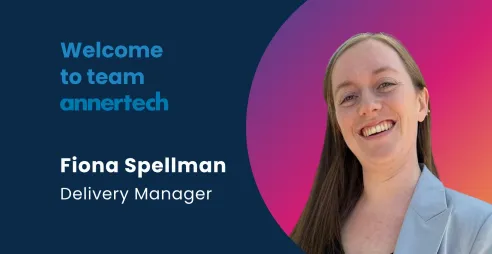Meet the Team: Frontend Developer Layal Khatib
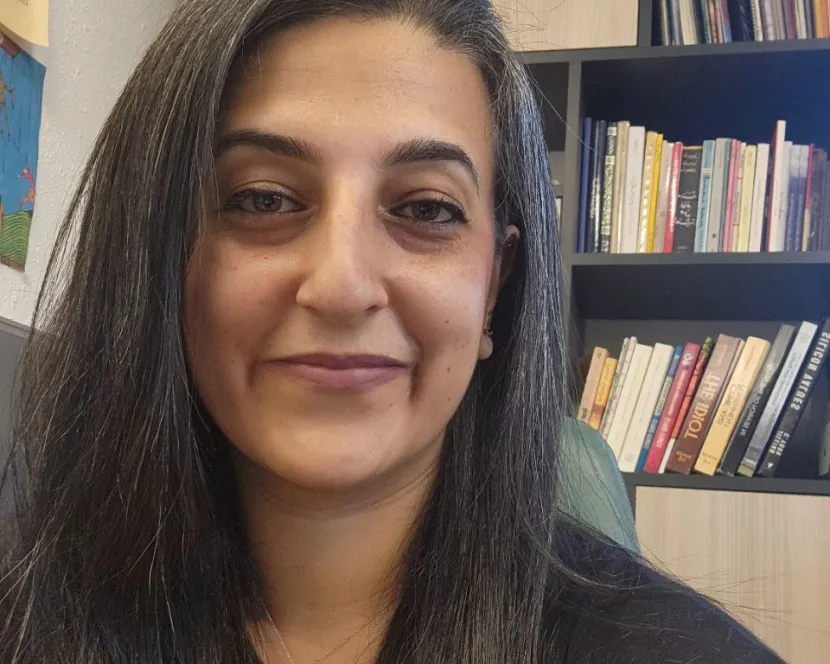
Frontend Developer Layal Khatib is passionate about equality and self-sufficiency. When she’s not coding, she runs a community centre in Saida, Lebanon, where she and her family also tend a food garden and rear chickens.
Alison: What is it that you actually do at Annertech?
Layal: I’m a frontend developer but I do enjoy some backend stuff whenever I get the chance. I love solving problems and creating good experiences online.
Alison: What is it that you like most about your job?
Layal: Since I was a child I’ve been fascinated by the internet. And when I finished high school and got to choose a major at university, I saw “Intro to Web Development” in the curriculum.
That’s what made me go with Computer Sciences. I love it when people use or visit a site and know that I’ve been part of it.
The internet can be a double-edged sword and I like contributing to the good edge of it.
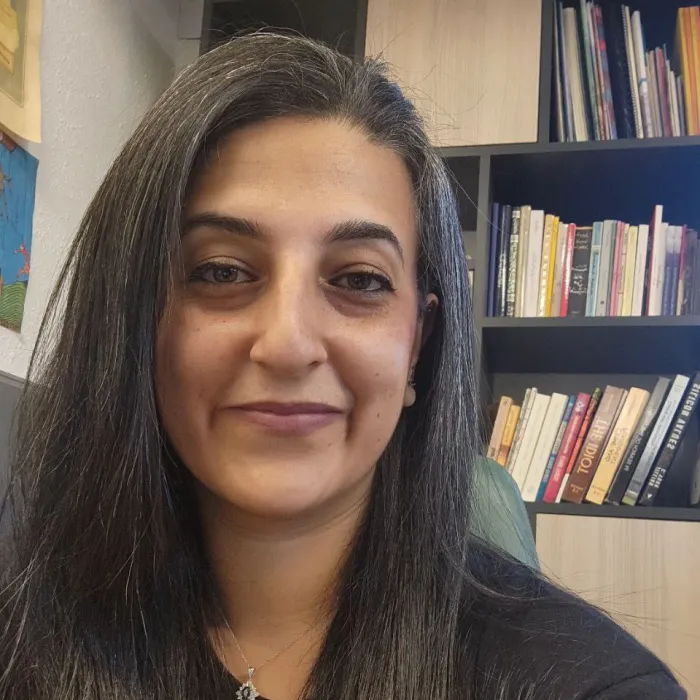
Alison: How did you get into development?
Layal: In my senior year at university, I was a teaching assistant and taught a few programming labs. I didn’t like the teaching that much. Then after graduating, I started the job-seeking process.
At first I wasn’t picky. I applied for information technology, quality assurance, programming jobs and even considered staying in academia and continuing teaching.
Then I landed my first job at a production company and was assigned to a small team of web developers. I never looked back.
Alison: Is this a job that you would recommend to your daughters? Are they even interested in coding?
Layal: Yes definitely. My girls (Julia is 9 and Tamara is 6) ask me all the time about what I do and how I do it. I have a small HTML page that we tweak and play with every now and then. I believe that learning how to code is crucial to the new generation. Even if they’re not going to work with it directly.
Alison: Where do you live?
Layal: I live in Saida, Lebanon. It is a coastal city and the third-largest in Lebanon. It is very urban but much calmer than Beirut and still has relatively more green spaces. It is one of the oldest inhabited cities in the world and has a rich and diverse history that spans over 6,000 years.
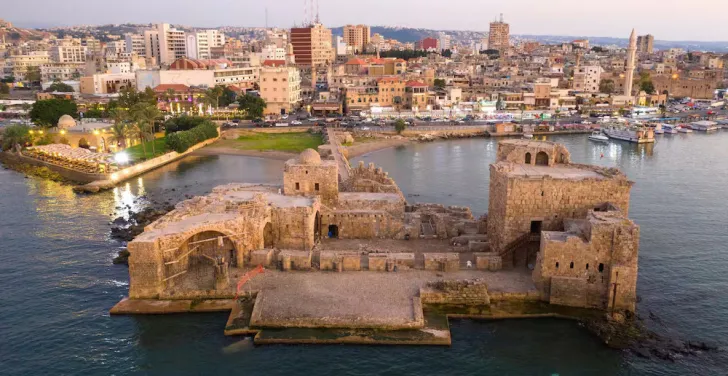
Alison: What are your interests outside of work?
Layal: I’m a FOSS (free and open-source software) enthusiast and I believe its philosophy should be applied to all aspects of life. Knowledge and resources should be free and accessible to everyone. I love reading historical drama novels/books. I also play a little bit of classical guitar. I used to be very good when I practised more.
Alison: You started a community centre. Can you tell us a bit about it?
Layal: I grew up in Tunisia and Egypt, then went back to Lebanon in 2003. I lived between Beirut and my hometown in Mount Lebanon till 2011, and finally moved to Saida in 2012. As an outsider I struggled to integrate and meet like-minded people.
There were no community-based organisations for people who share the same beliefs and way of thinking as I do. So in 2019, I found a nice old house, fixed it up a bit and opened it as a space where people could come and work free of charge.
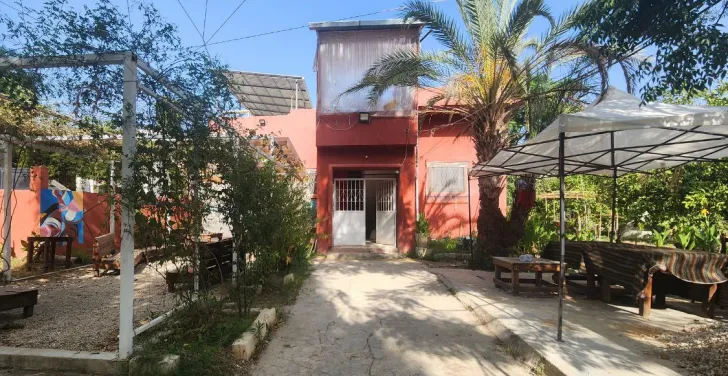
I called it Sikka. It has a double meaning. Sikka means the railroad, and the house is right by what's left of the railroad system in Lebanon. But it also means in Arabic the "path", so it's the sikka to your success, for example.
Five years later, Sikka is still a free co-working space but now more of a community centre whose mission is to promote equality, justice, solidarity, participation, environmental protection, self-sufficiency and food security.
And we strongly advocate for economic models that empower marginalised groups and support cooperative initiatives to encourage self-reliance.
Layal and her Sikka community centre were recently featured in a video by Zodiac Media.
We also hold events and workshops. One of my favourites involved a group of girl scouts. It was a group of teenagers between 16 and 19, and they had to do something related to technology for one of their badges.
We facilitated a workshop on online safety – addressing topics like how to secure their social media accounts, best practices and two factor authentication, and we talked about the importance of privacy… what to share online and what’s better left out of the public domain. I really enjoyed that.
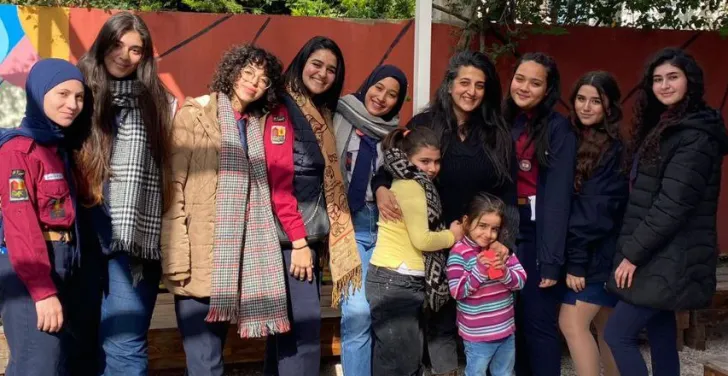
Alison: How do you juggle everything – family, work and the youth centre?
Layal: Time management. I’m not good at it but it’s always a work in progress.
My usual day starts early in the morning at the centre. I make sure everything is ready if we have any special event or activity. Then I go to my office (I’m lucky to have a beautiful view of our orchard) and start doing some cool stuff with Annertech.
I take a break around lunch time with the family (usually at the centre too or home). Then the whole family (left) spends the afternoon at the centre.
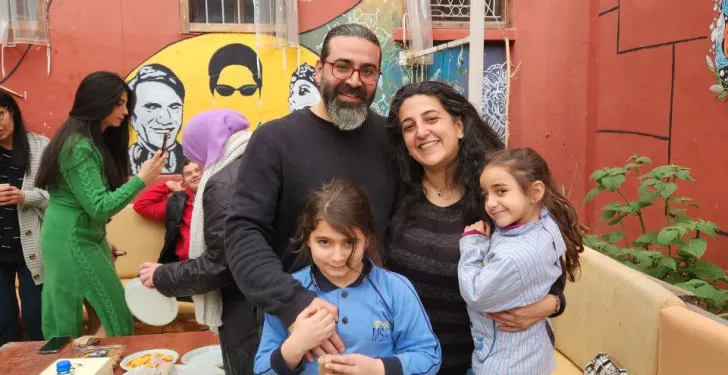
I do some more work and they have roles as well. I manage the centre, so I take bookings and organise events and the day-to-day operations. My husband, Mohammed Ghamloush, takes care of the orchard and the girls sell lemonade and cater during the events. Then we call it a day and go home and rest.
Sometimes it gets a bit messy but I get to save the day most of the time.
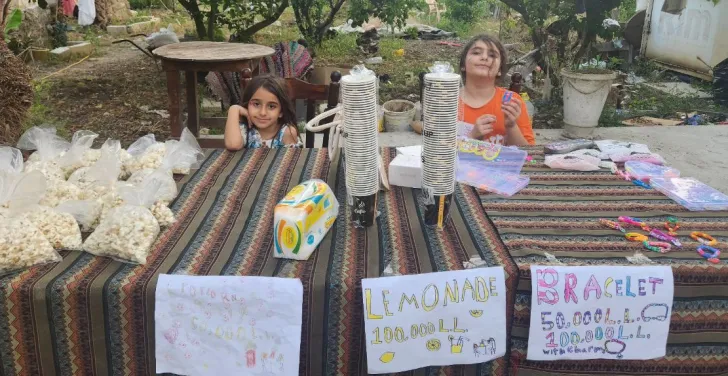
Alison: Is there anything else you would like people to know about you?
Layal: It’s strange, but I always have this fear of “what would I do in case of an apocalypse and technology was gone?”
So I’ve become very interested in agriculture. The centre has a beautiful orchard and my husband is working on turning it into a self-sustaining permaculture orchard. We also grow seasonal organic crops and raise chickens.
It’s been a new and exciting thing I never thought I would do if you had asked me a few years ago.
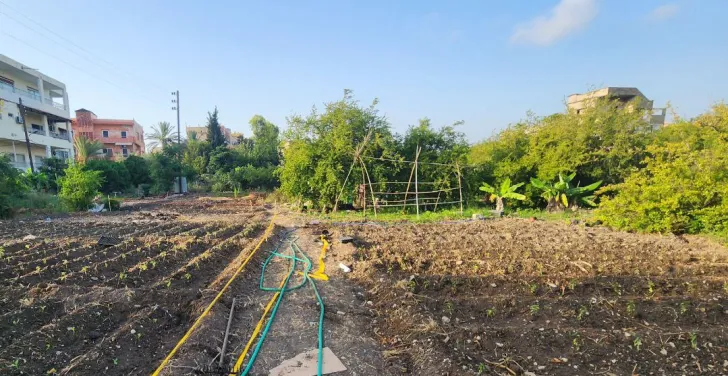
Alison: What do you do with the crops and the eggs?
Layal: We either sell the crops, or process them – dry them, make jams or distil them etc – and then sell the products. Currently we're working on hatching more chickens… but eventually we will sell the eggs – they’re free-range and organic.
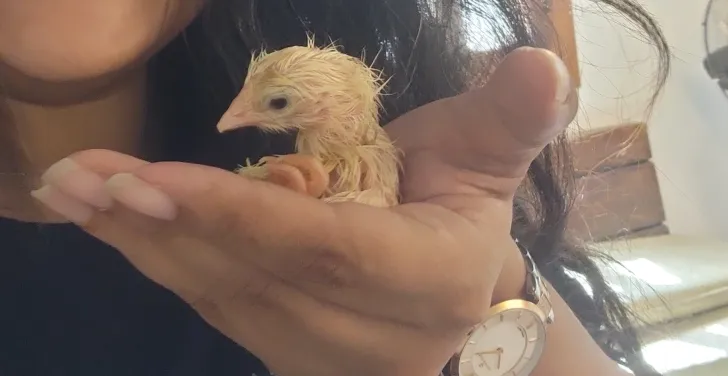
Alison: I hear you’ve just celebrated a great milestone with Annertech.
Layal: Yes, this June was my fifth anniversary at Annertech, and it's been amazing. I'm constantly learning new things every day. The whole team is very supportive, on both personal and professional levels.
I've been lucky to meet most of them at previous Annertech Days and DrupalCons and they're a true family I'm proud to be part of.
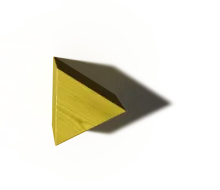
Is this the kind of team you'd like on your project?
The Annertech team is a close-knit one, and this ensures that we work well together. Get in touch to see what we can do for you.
Contact us